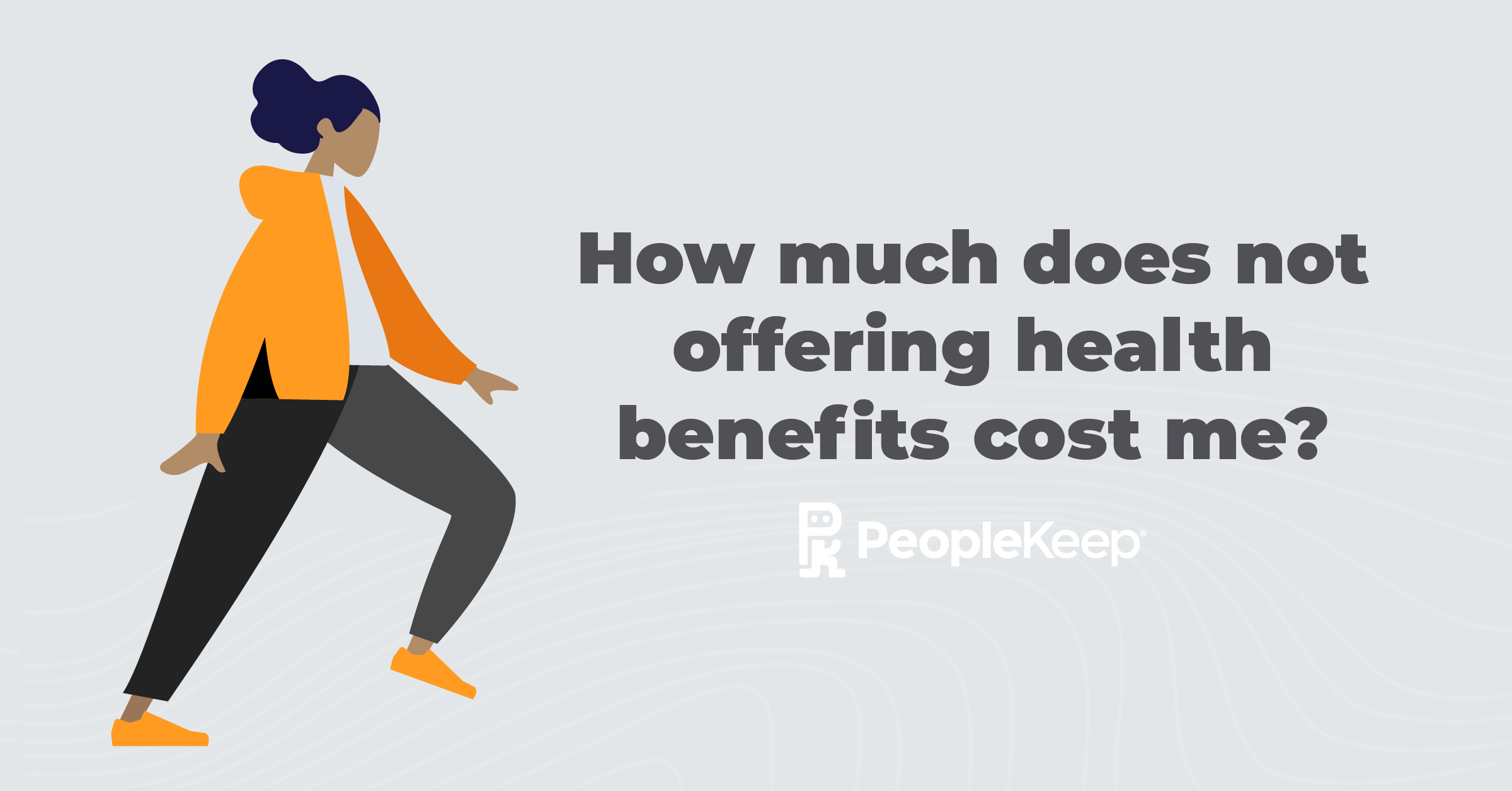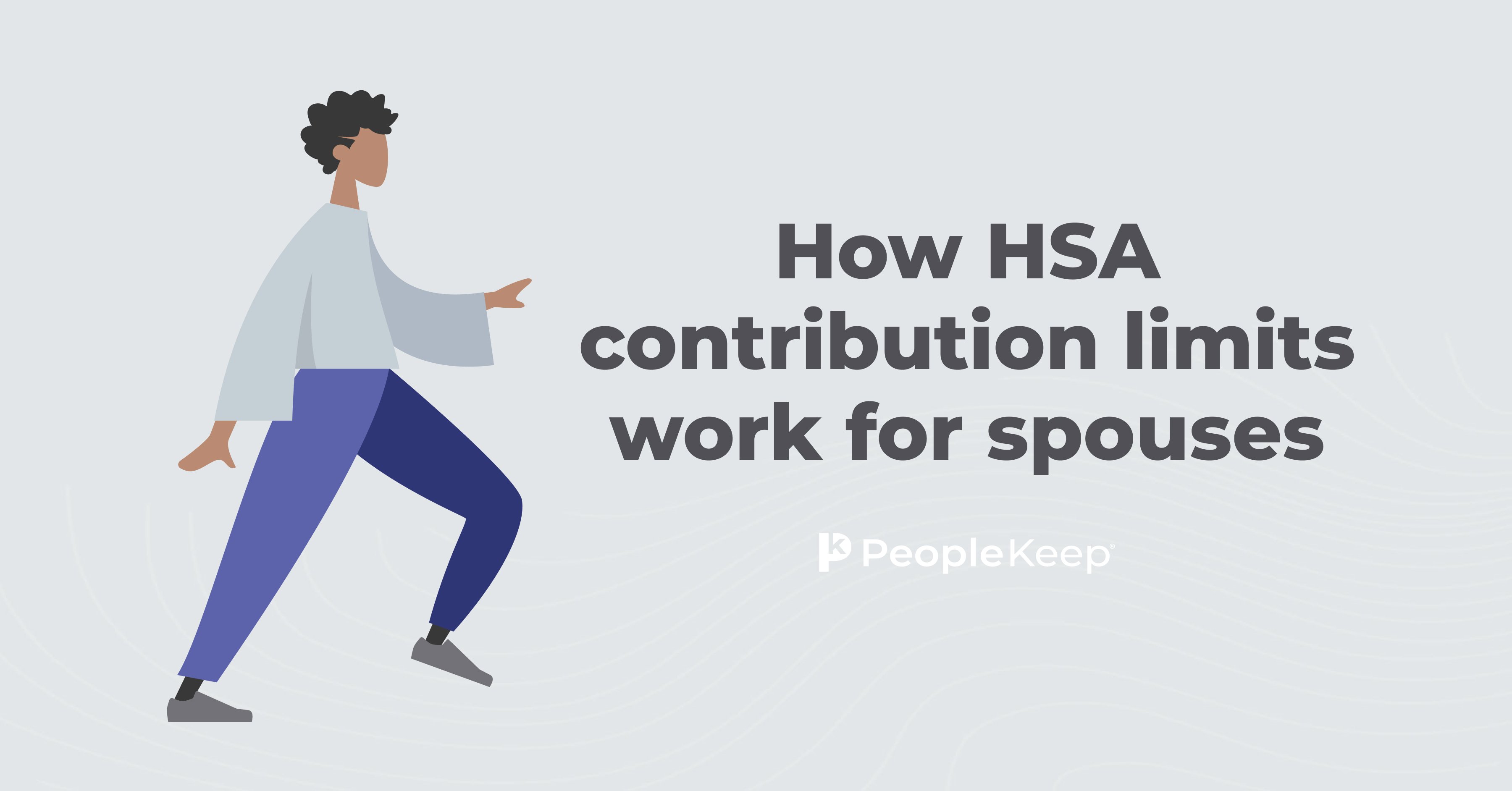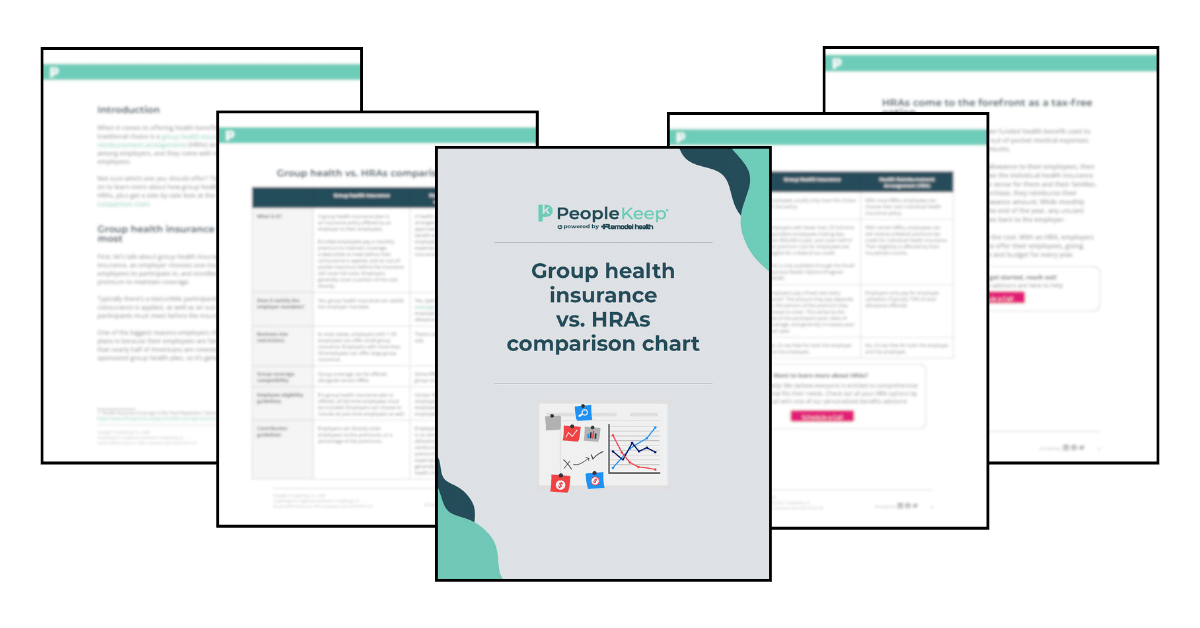
Which benefits are most important to remote workers?
Which perks matter most to remote teams? Discover the top employee benefits that boost morale, retention, and productivity for remote workers.

How much does not offering health benefits cost me?
Not offering employee health benefits can cost you in turnover, recruitment, and productivity. Learn the financial risks and smarter benefit alternatives.

High deductible health plan cost & savings
High deductible health insurance plans may lower premiums but increase upfront costs. Learn how they work and how to save with HSAs and smart planning.

Signs of low morale and how you can fight it
Low employee morale can hurt productivity and retention. Spot the signs early and discover actionable ways to improve workplace engagement and culture.

What's the simplest way to offer health benefits without a group plan?
Looking for simple health benefits without a group plan? Explore how options like ICHRA or QSEHRA let you offer coverage with less complexity.

How to set up and design an employee benefits program
Designing an employee benefits program? Learn how to set up and structure offerings that align with your goals, budget, and employee expectations.

Top 25 health insurance companies in the U.S.
What are the largest health insurance companies in the United States by market share? Find out in our list of the top 25 health insurance companies.

Can I offer a health insurance stipend?
Thinking about offering a health insurance stipend? Learn how it works, when it’s allowed, and why HRAs may be a more compliant alternative for employers.

How to attract Gen Z employees
Hiring Generation Z? Attract top Gen Z talent by offering flexible benefits, strong values, career growth, and a culture that prioritizes well-being.






